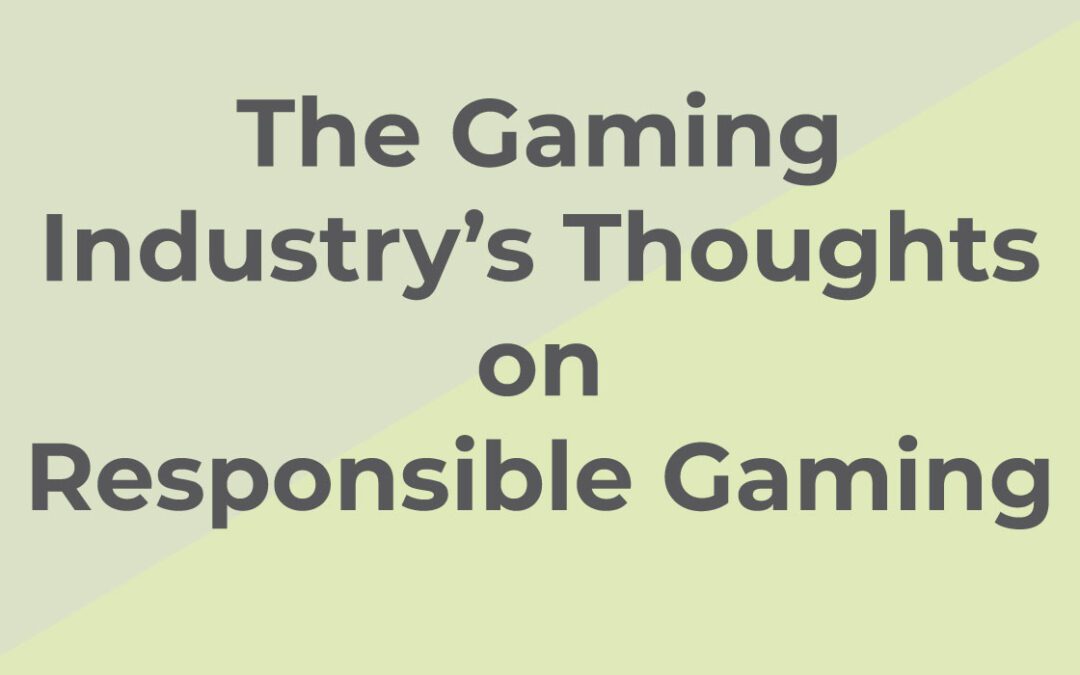Here are some common themes we noted from the gaming industry during Responsible Gaming Education Month, led by the American Gaming Association.
1. There is a widening consensus within the gaming industry acknowledging their role in minimizing gambling harms. Increasingly advanced technology is providing opportunities to create tools that could help better inform players of the risks they are taking in real time. If operators wish to sustain their business, adopting effective responsible gambling tools will be necessary. Customers will be expecting it.
2. The current thinking is that collecting a wide swath of information from every player will provide greater insights into their behavior and suggest how tools can be designed to minimize harms. Most commonly sited tools are money and time limits. Giving the player tools to set before play begins will offer a line of defense to prevent an individual from taking too many risks. As technology advances, tools are available that learn how players use the machines. The information helps the operator better understand their customers’ behavior. Software already exists that allows an operator to provide a personalized message to each player based on their patterns of play.
3. Responsible gambling must also be raised for those who design games. If the gambling industry wants to continue being categorized as entertainment, games cannot be designed to be predatory. Stricter regulations must be developed to ensure the games that arrive on the floor of a casino or in an app are not designed to create harm.
4. Some in the gaming industry see the embracing of responsible gambling as a threat. It will take more time to convince certain operators that adopting effective responsible gambling tools will lead to greater sustainability of their operations. Partnerships between advocates of problem gambling, regulators, game developers and operators will be key to ensuring effective ways to minimize harm.
MINNESOTA PROBLEM GAMBLING HELPLINE 1-800-333-4673 (HOPE) • TEXT "HOPE" TO 53342 • CHAT NOW ONLINE
info@mnapg.org

